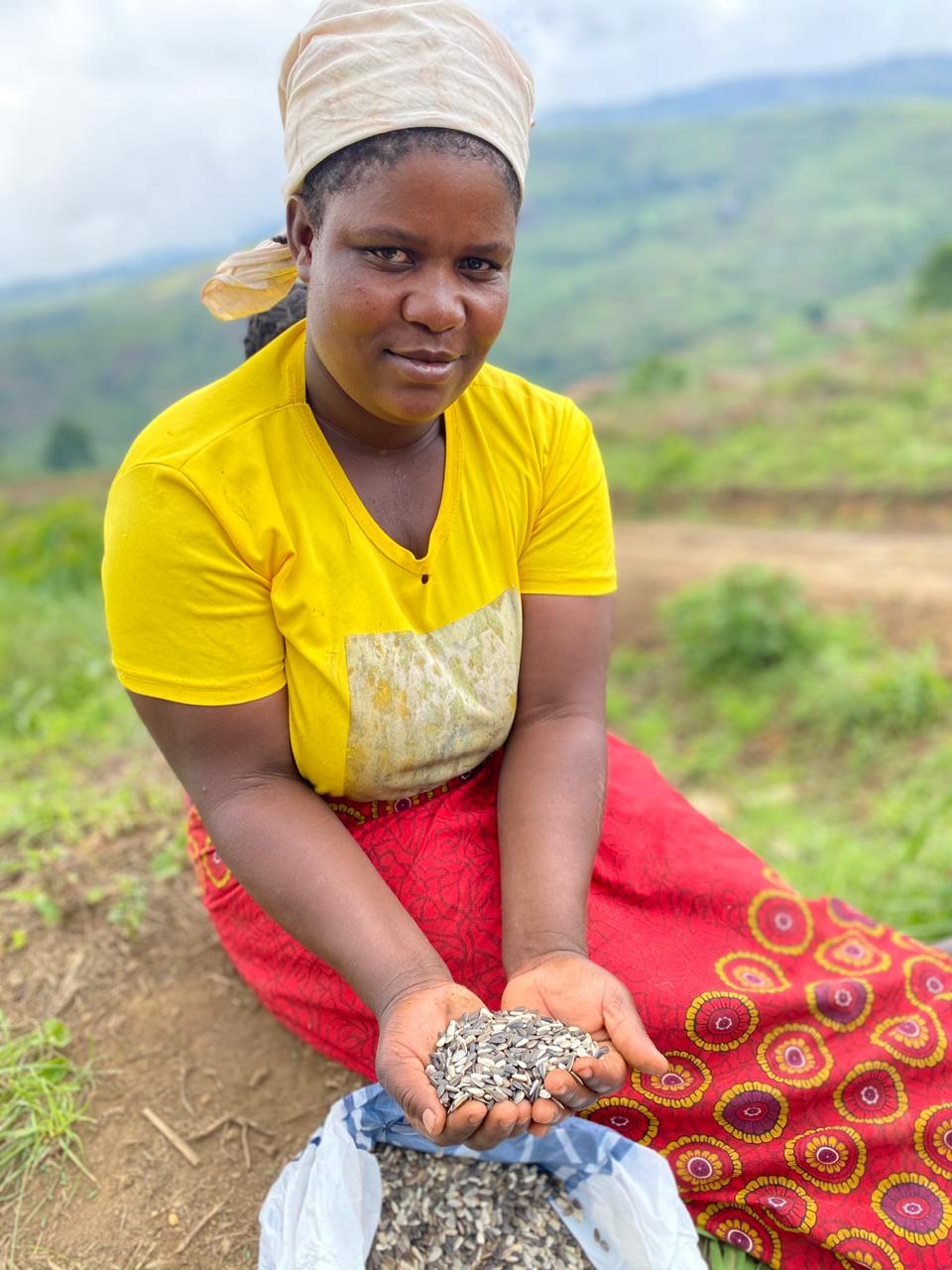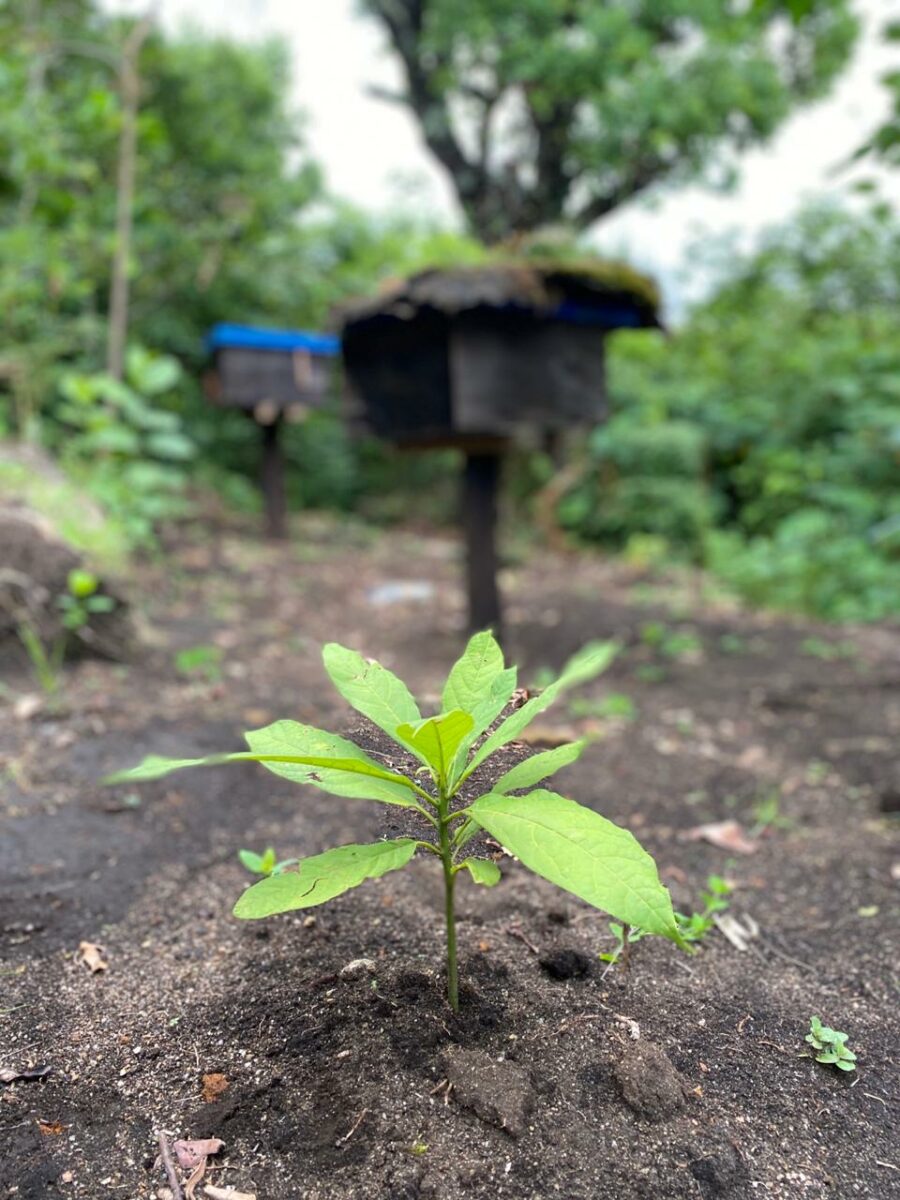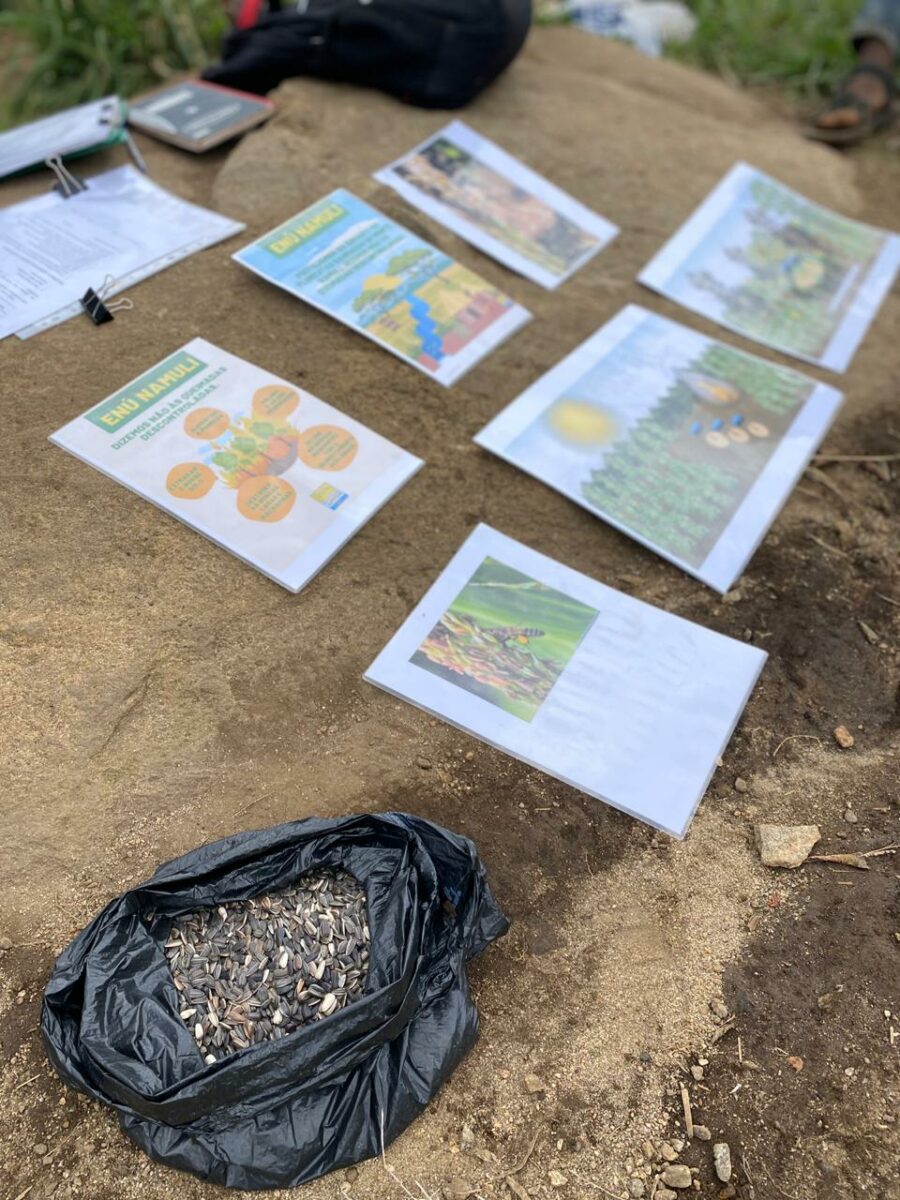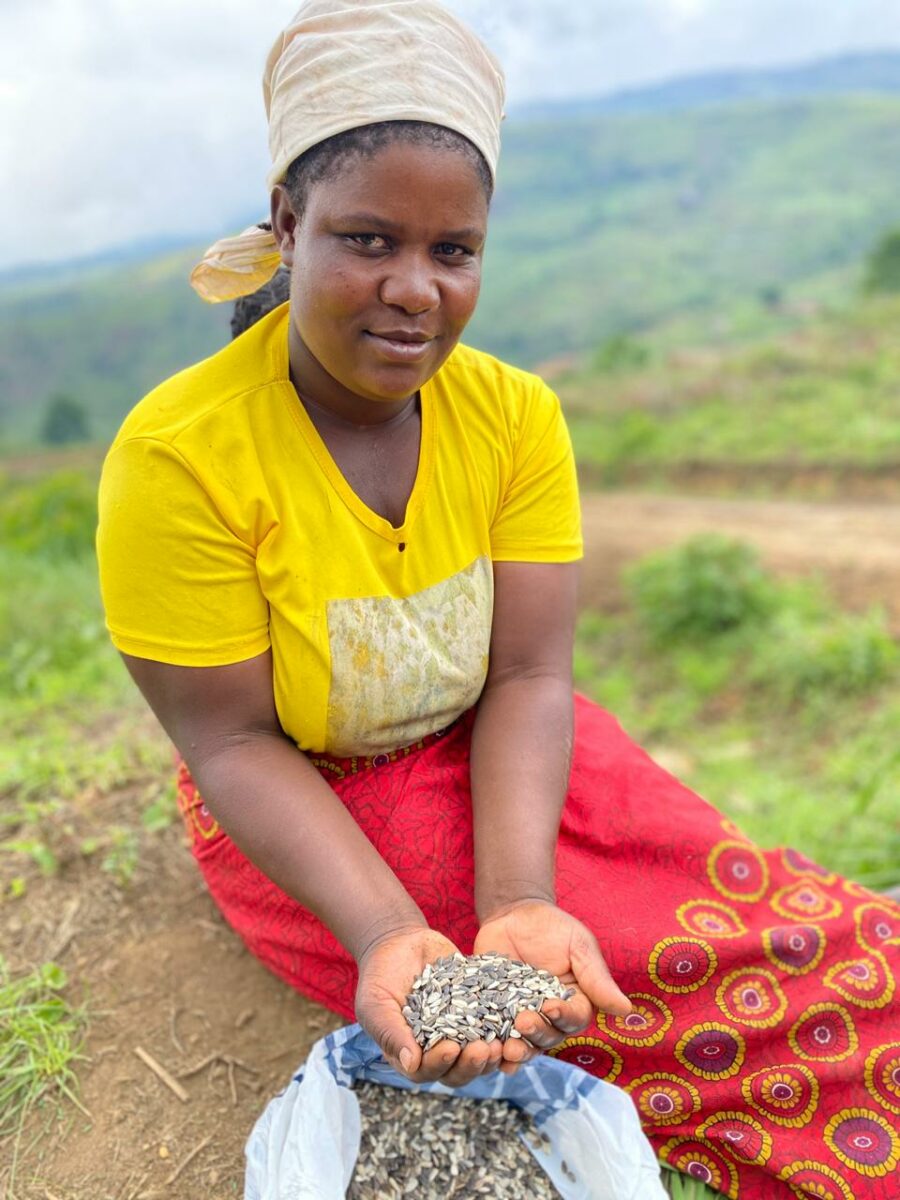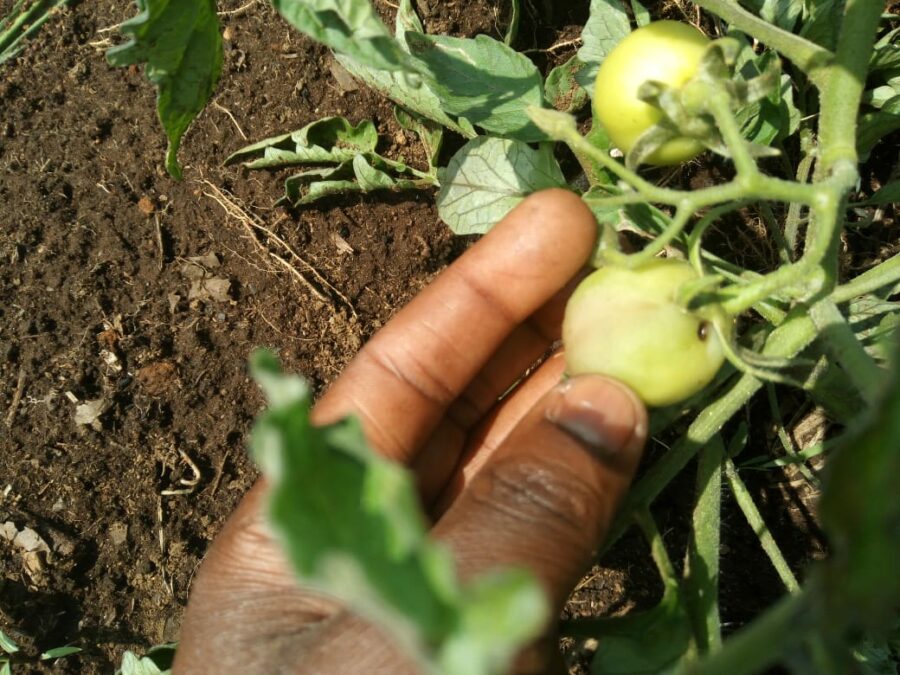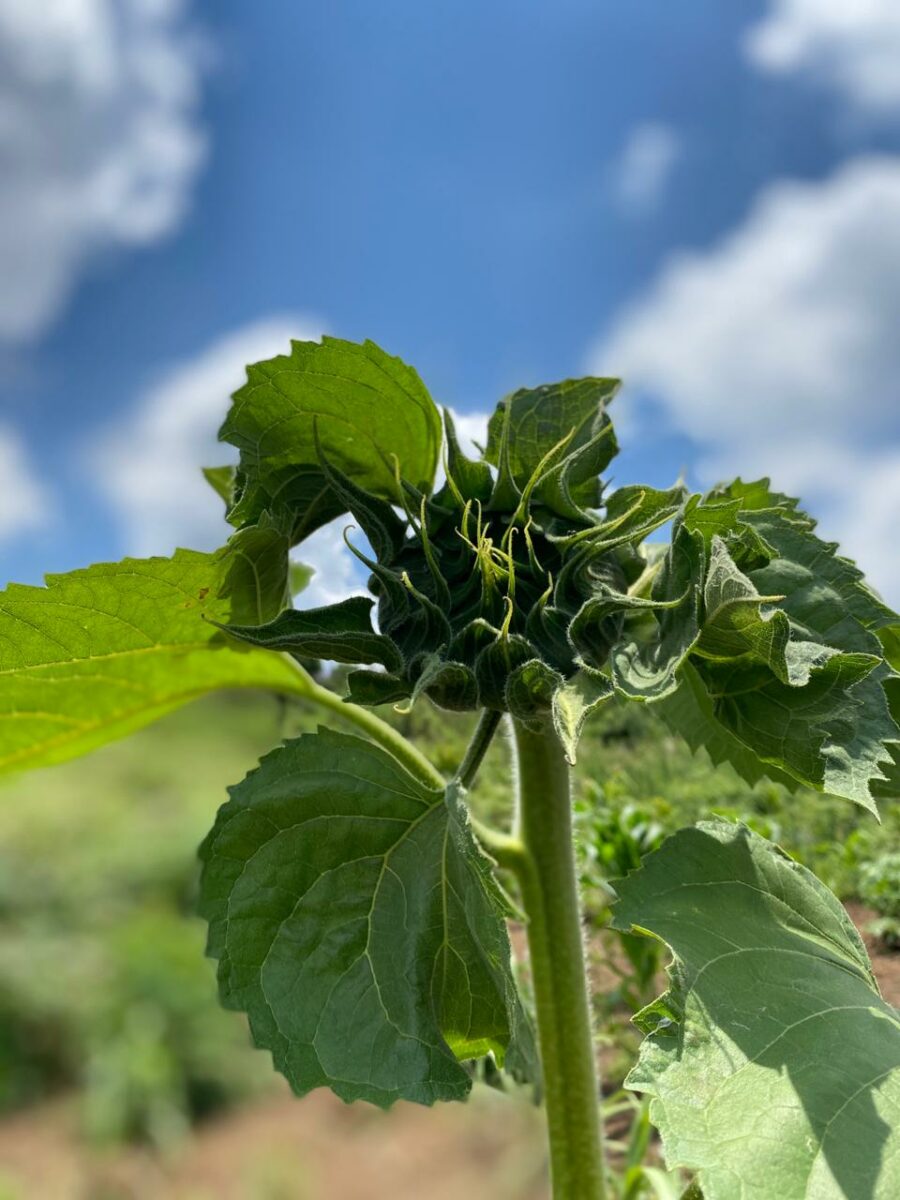On Mount Namuli, Legado’s Flagship site, community members are working to create sustainable honey products as part of their thriving future. Over the years the bees have been frequent guests in Legado’s stories…However, recently we haven’t seen many bees on Namuli — where did they go?
Just like other species, honey bees have an active season where they’re foraging flowers and a quiet season where they spend a lot of time snuggling inside their hives. In those months, they aren’t as diligent in making the sweet honey for our beekeepers to harvest in the dry season.
It’s at this time most beekeepers do maintenance on and around the hives. There’s always a lot of work to be done, from monitoring the status of each beehive to repairing or changing damaged hives with new ones (last time around year 5 beehives were replaced), and transfer new swarms to the beehives (“swarming” is natural method honeybee colonies use for reproduction, and essential to bees’ survival when a colony gets too crowded). All this summed up more than 50 visits of our team to beekeepers in Namuli in the last months.
We also mobilize beekeepers to improve the ecological conditions around their hives by planting foraging species for the bees to pollinate and letting secondary vegetation grow. Thriving nature around the hives means more food available for bees and thus more honey and income for their keepers, while a degrading environment means bees could fly away.
When the tropical rains grow scarcer in the mountain, flowers begin to blossom meaning the bees will start to venture out and harvest nectar from the new buds. The beekeepers can truly make a difference by planting an array of beautiful, attractant bee-friendly plants such as sunflowers, peas, and beans. Our beekeepers and neighbors received and planted a total of 72 kg of pigeon pea, 36 kg of sunflower, and 34 kg of beans in the last months! When committing to creating nurturing spaces around the hives, our much-needed pollinators can not only survive but thrive!

